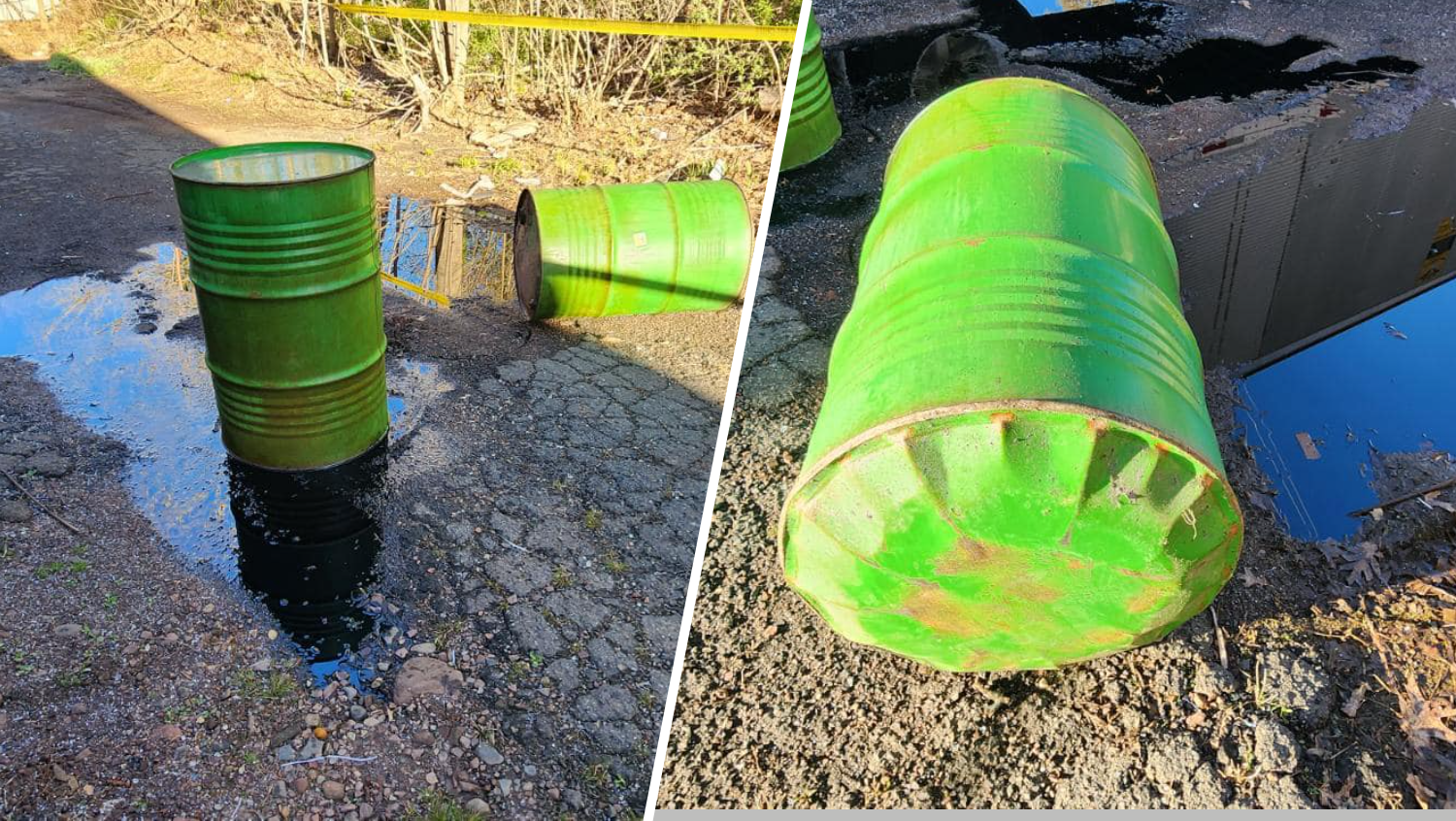On Feb. 16, 2009, Charla Nash’s was life changed when she was brutally attacked by a chimpanzee.
On Friday, the state held a hearing that will ultimately decide whether she can sue the state for millions of dollars.
On that 2009 day, Nash’s friend, Sandra Herold, called her and asked her to come to Herold’s Stamford home to help calm down her 200-pound chimpanzee, Travis.
What happened next is nothing short of a nightmare. The chimpanzee was out of control and mauled Nash, leaving her blind and severely disfigured.
Doctors have said it is a miracle that Nash survived the attack.
After years of rehabilitation and surgeries, including a face transplant, Nash’s story is one that captured attention nationwide and beyond.
Today, the focus was on the legal fight the Nash estate is pursuing.
They want the state to take responsibility for Charla’s injuries and her lawyers are seeking permission to sue the state for $150 million in damages.
To do so, Nash must receive permission from the Claims Commissioner according to “sovereign immunity,”a Connecticut law that restricts some from suing the state.
Local
The attorney general's office has stated that Nash's proper remedy is with the chimp owner, who died in 2009, or other private parties.
The state also argued that Connecticut would go bankrupt or be forced to rid of vital regulations if it were sued every time an agency like the DEEP was challenged.
Attorney General George Jepsen previously said Nash should not be allowed to sue the state and taxpayers should not be held liable for injuries inflicted by a privately owned animal.
The state Office of the Claims Commissioner held an informal hearing in the Legislative Office Building today on a motion to dismiss the claim submitted by Michael Nash, conservator of Charla Nash’s estate.
J. Paul Vance Jr., the Claims Commissioner heard from both sides and will decide if the case would be filed in the State Supreme Court.
His decision was not immediate. He gave both sides until Aug. 31 to submit additional material and said a decision will be made after that.
Nash, who is staying in a Massachusetts medical facility, was at the hearing, but did not speak at it because no evidence is taken at these hearings.
Nash’s argument has been that the state failed in its duty to restrict the ownership of dangerous animals as pets and protect residents from harm.
Her attorney, Charles Willinger Jr., said that the DEEP is guilty of “systemic institutional negligence” for ignoring warnings that Travis might have been dangerous.
Among the witnesses to provide testimony in the case is the owner of a private zoo in Greenwich, the Hartford Courant reports.
Five months before the chimp attacked Herold, Travis escaped from his cage and Herold called a Lionshare Farm, asking that the animal be shot with a tranquilizer gun, the Courant reports.
The Courant, citing legal papers, said the owner of the zoo was so concerned that she contacted the state Department of Energy and Environmental Protection and asked them to take care of the chimp. Nash’s lawyers claim the state did nothing.
An assistant attorney general told Vance that Nash deserves sympathy for her plight, but argued the state is not liable for actions of the privately owned chimp.
In his decision, Jepsen said the claims commissioner should bar the claim because “no legally cognizable duty of care was owed the claimant by DEP.”
In court documents, Jepsen said the state does not dispute that Nash suffered serious injuries, but the state and taxpayers should not be financially liable for “injuries inflicted by a privately owned chimpanzee” on the theory that state environmental officials should have more aggressively enforced wildlife regulations.
Jim Bergenn, a legal expert, said this case could go before state lawmakers.
"What may end up happening is this ends up in front of the legislature because there is so much damage and it’s such a big amount that the claims commissioner might feel a little bit conservative," Bergenn said.
If Nash loses, her next step would be to appeal to the state Legislature and ask for a special act.



